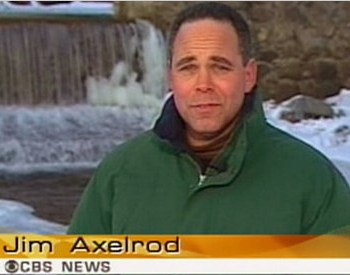
Elite road-runner Christian Hesch has admitted to EPO blood doping after being confronted by several of his Nike Team Run L.A. teammates who found an empty vial in his stuff.
Hesch, a self-described “profligate road racer,” said that over two years, beginning in August 2010, he injected himself with EPO 54 times before an empty EPO vial was found in his bag and he was reported to antidoping officials. In that time, he won nearly $40,000 in prize money in more than 75 races, including international competitions, United States championships and local road races.
Hesch, 33, gained national fame earlier this year when he out ran Ethiopia’s Fikadu Lemma and Demesse Tefera at the Rock ‘n’ Roll Providence Half Marathon to win with a time of 1:07:05.
Two days prior Hesch had run a 4:00.01 mile at the GNC Live Well Liberty Mile in Pittsburgh, Pennsylvania.
The USADA has a case pending against Hesch and has ordered that he not race until they decide how to punish him. (USADA has been a bit busy with it’s loaded case against cyclist Lance Armstrong over the past few weeks).
“It would be fairly expensive if I wanted to fight it,” Hesch said. “Usada only brings cases when they’re pretty sure, and this is coming from a guy with a pending case.”
Hesch could face a 2-year ban from the USADA.
Competitor’s Mario Fraioli felt miffed and misled by Hesch giving his story to the New York Times when he had been working with Hesch for days about an exclusive for Competitor Magazine (full story).
Fraioli ran the piece (see below) last night after getting word that the NYT was about to publish it’s exclusive piece on Hesch.
Hesch’s public apology piece that Fraioli had been waiting on, and was published last night, titled ‘Christian Hesch Publicly Apologizes for Doping‘ can be read HERE.
“I will promise you that when I return to racing if you yell “doper” or “you suck” at me as I pass by, I will not flip you the bird, nor will I throw a sarcastic thumbs-up. I might wave though, and I’ll be happy to hear you out after the race, no matter how rough the content. As Tyler Hamilton said so well, “I’m an ex-doper, and I don’t suck.” I hope you’ll feel the same way about me after sharing a word, a race, or a beer with me. I look forward to seeing you all on the roads, next year.”
What are your thoughts on Hesch’s confession? Do you really think he’s sincere in his apology or just sorry he got caught? Have you ever suspected one of your racing peers was doping?
Christian Hesch’s Running Results on ATHLinks
- Christian Hesch on Twitter @sub4Medic
- Mario Fraioli on Twitter @MarioFraioli
- Joshua Holmes on Twitter @bayou









